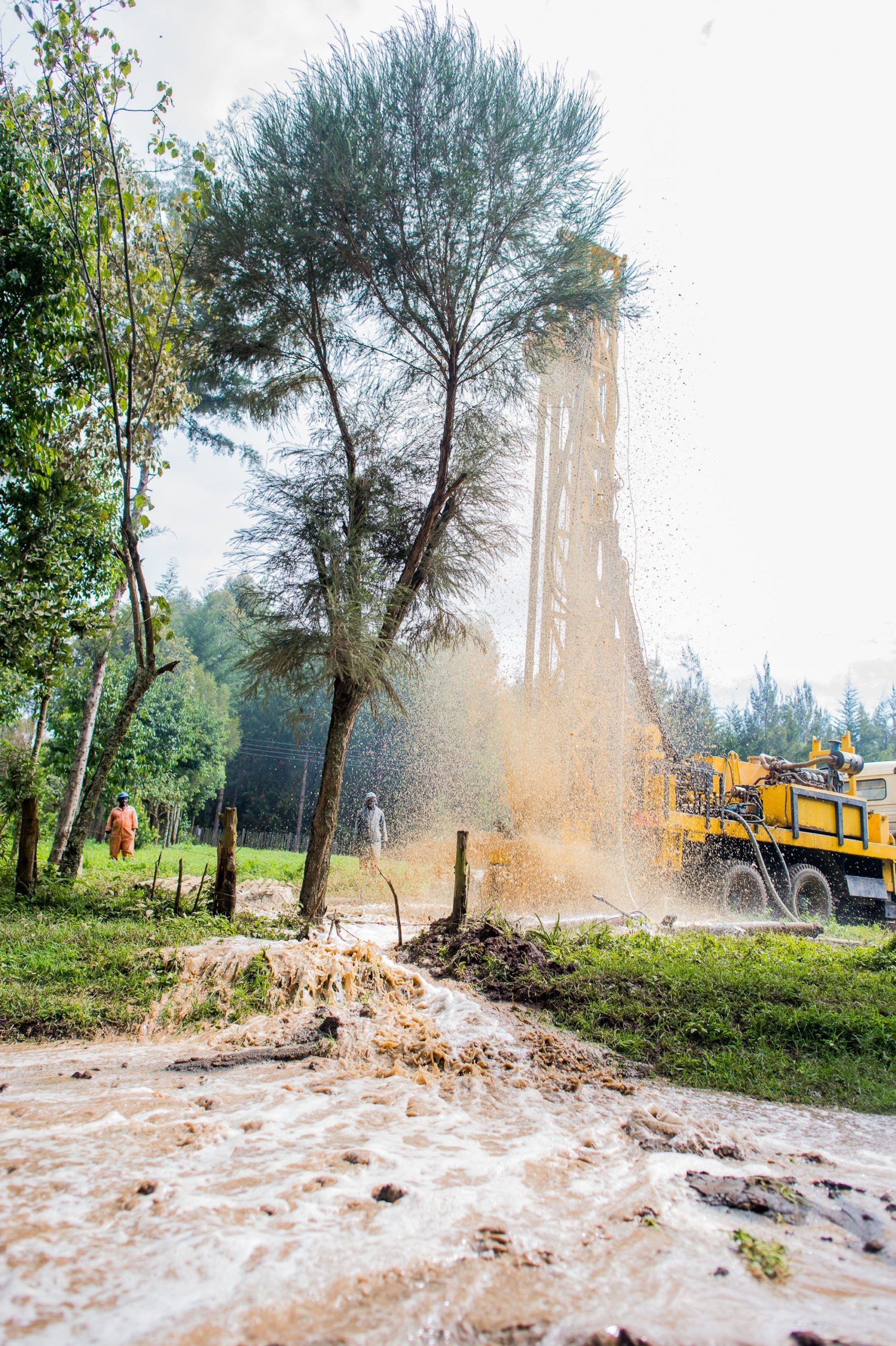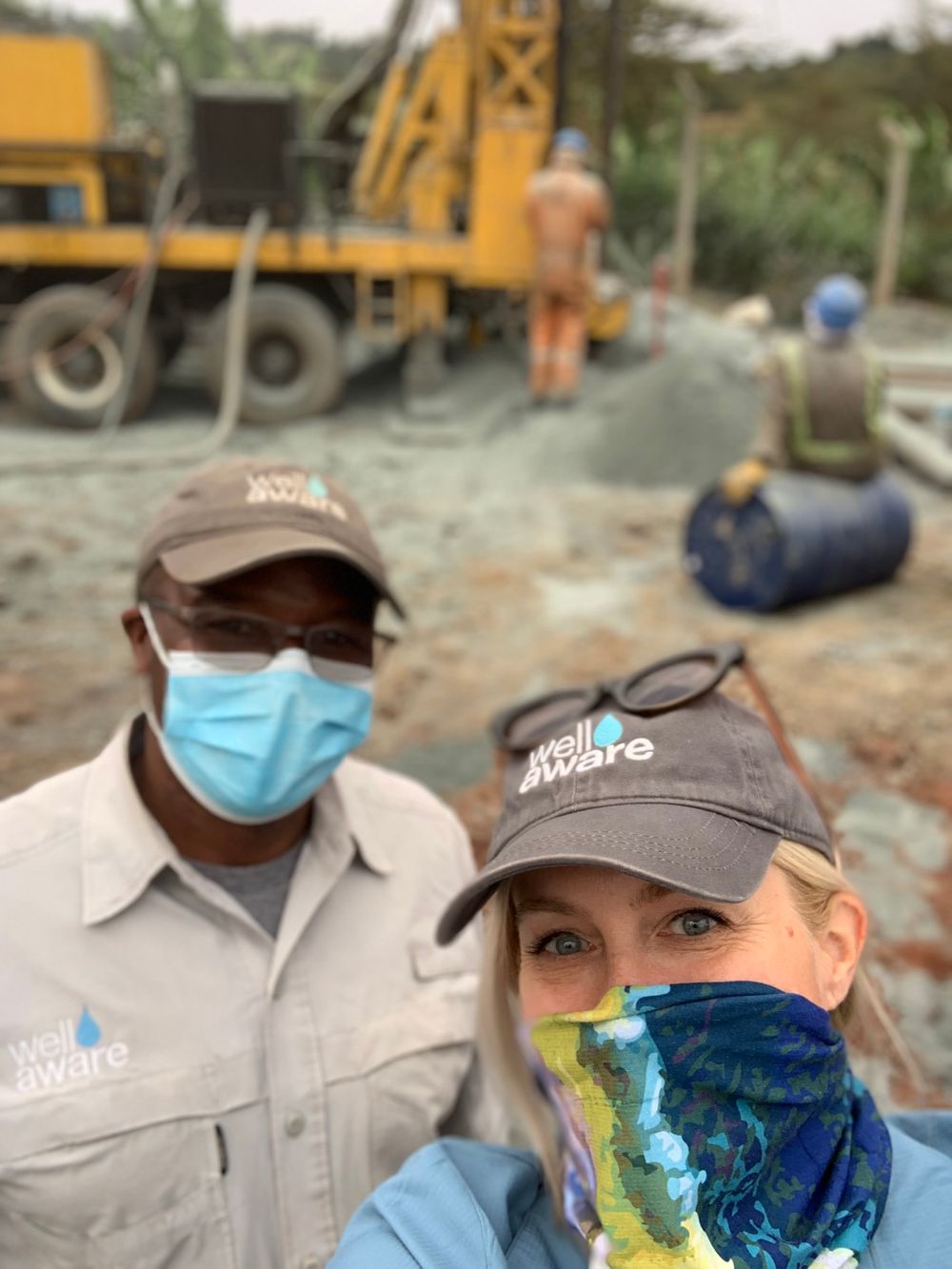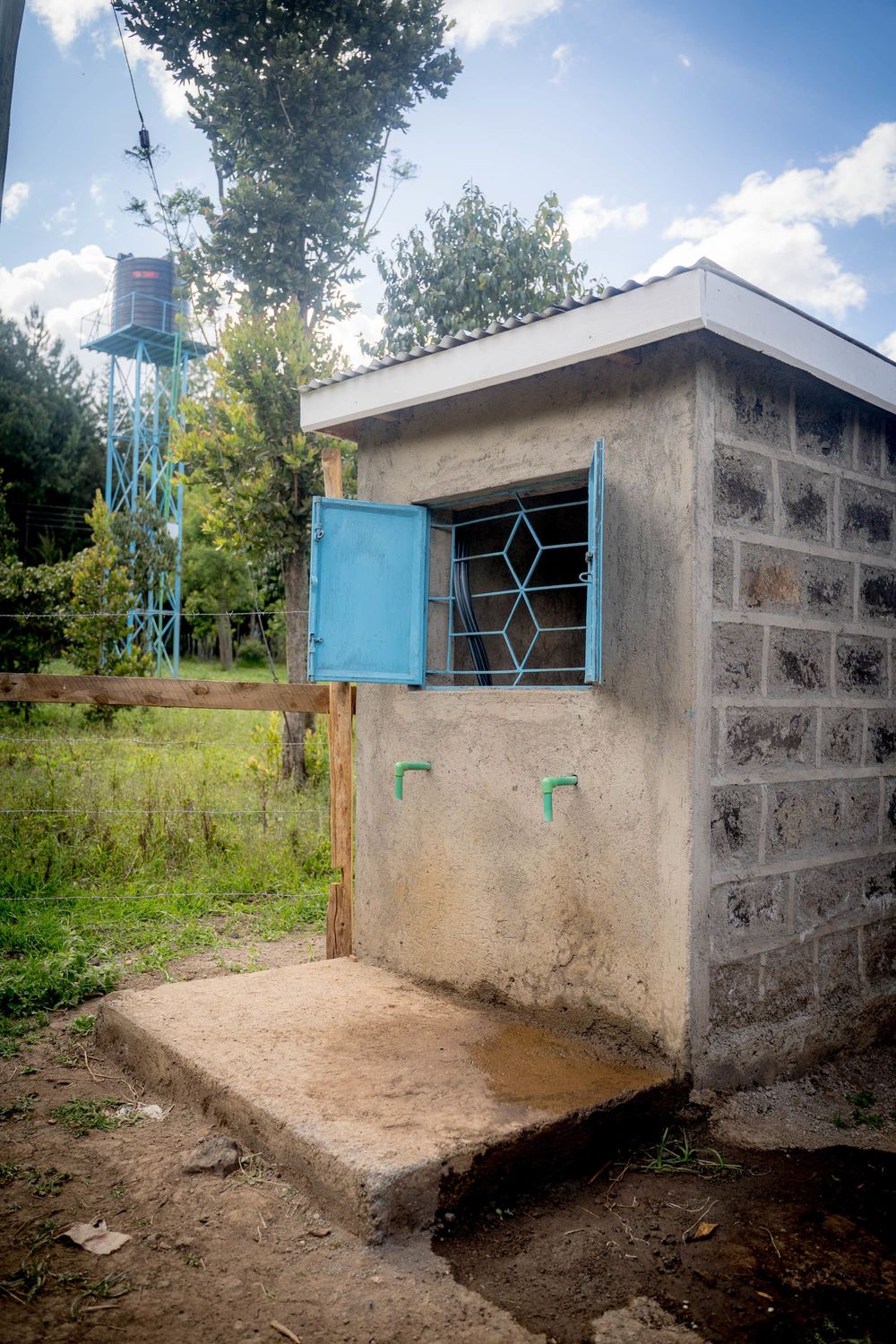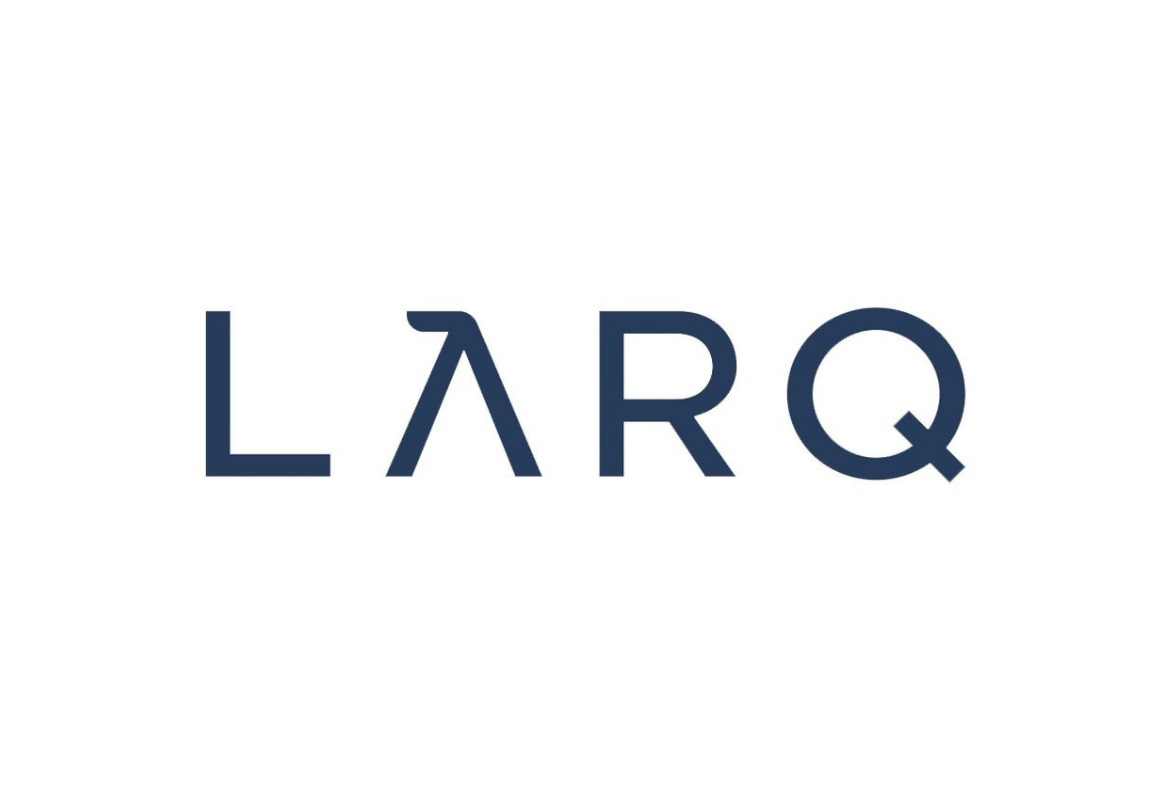July 23, 2021
Breaking Ground with Well Aware
Alas! Not that international travel restrictions have opened up a bit, we’re able to enjoy going out more, reunite with our fellow fully vaccinated friends and family, and have exciting new projects for the last half of 2021. Travel restrictions opening up is major, and not necessarily for leisure due to the threat of the Delta variant, but for humanitarian efforts as well.

Our nonprofit partner, Well Aware, has been greenlit to finally resume drilling projects in East Africa to bring clean water to communities in need. This means that they are able to mobilize in partner communities and bring sustainable wells to these communities. Well Aware’s work enables communities to thrive by giving them a basic human need: water.
Fact: The average person can survive without food for 1-3 months but the average person could survive without water for about 3 days. There’s no doubt that water is essential for human health — that’s common knowledge, but unfortunately, a whopping two-thirds of the world’s population is predicted to face water scarcity by 2021, as reported by the United Nations. Nonprofit organizations like Well Aware are working to change that.
We’ve asked Well Aware’s Executive Director, Kareece Sacco, and Well Aware’s Director of Development, Erinn Wright, to give us a behind-the-scenes look at their latest projects and what it takes to sustainably bring clean water to communities. We’ll let them take it from here…
Hi there! Kareece and Erinn here, and we’re excited to share how our wells come to life and supply water to each community.
Right now, our team is on the ground in Kenya, working on drilling 3 new, deep water wells for communities without access to reliable clean water.
When you think of a water well, you may picture a hand-pump well. For decades, these wells have been the go-to device for water projects around the world. Although they provide appropriate water solutions for certain circumstances, they are not the best solution for the kind of long-term development that Well Aware is committed to. They tap shallow groundwater, typically 20-50 meters below the surface, and are more likely to fail than those that extract deeper groundwater and are powered by solar. Shallow hand-pump wells are also far more likely to be contaminated.
For these reasons, Well Aware does not implement this kind of project. Instead, we install deep borehole wells that access underground aquifers as far as 300 meters below the surface. These deep wells offer pure water, vastly higher quantities, and are far less likely to fail (with proper care and training).
To access the water, we drill deep down into the earth until we reach the optimal depth and aquifer — a process that can take anywhere from 2 days to 2 weeks, depending on the geology where we are drilling.

When we kick off a drill, it means a flurry of activity:
- Our drilling team mobilizes around the drill site (which has been established by a hydrogeological survey for best results), and this process includes setting up the drilling rig and compressor, and unloading all of the drill stems, steel casing and other equipment.
- A Well Aware hydrogeologist begins recording the rock samples coming from the borehole at every two meters of the drill. This helps us to forecast water quality for pump selection, as well as to design the casing of the borehole to maximize water yield and minimize contamination potential.
- The Well Aware Community Team conducts impact measurement surveys and works with the local community to elect a gender-balanced water committee that will oversee the upkeep of the water system
- Members of the community gather with joy and anticipation
- And so much more
But, the work doesn’t stop at the drill site. Throughout the following months after breaking ground, our team continues well implementation and distribution. This includes adding a solar-powered submersible pump that will extract the water from the aquifer and up to an elevated water storage tank. From there, we will install gravity-driven pipelines which will distribute the clean water from the main tank into the community for access at kiosks and tap stands in key locations for optimal access.
Amidst all of the excitement and complexity happening when we break ground on a new well, you can find our Project Manager, Mike Mutuku, helping to oversee and coordinate the implementation. Mike, also known around Kenya as “Maji Man” or “Water Man,” was Well Aware’s first-ever paid employee, and is the superhero on the ground in East Africa helping lead our 80+ clean water projects.
We mean it when we say our mission would not be possible without Mike.
And, now, 12 years after this work began, we get to bring clean water to the community where he grew up.
Ever since he joined Well Aware, Mike has been trying to find a way to bring clean water to the 3,000 people in Kooi who have been relying on a nearby dam for their water — a source that is contaminated and unsafe for human consumption. But, in the early days of Well Aware, we did not have the technology, tools, or funding available to bring reliable clean water access to this community. However, Mike never gave up.
This brings us to the present day, as Mike’s dream becomes a reality. After much investigation and advancement in hydrogeological surveying technology, we began drilling in Kooi earlier this week and are moving forward with finding a long-lasting clean water solution for the community.

“I’m getting [Kooi] their very first well for clean water… this is going to be a game changer for my village.”
Mike, who has dedicated his life to bringing clean water to those without, will now be able to work with his home community and the Well Aware team to bring clean water to Kooi in the most sustainable way possible.
There’s still a lot of work ahead — and we have two more well drills for other communities kicking off in the coming weeks — but we’re excited to see the long-term impact this clean water source will have on the community of Kooi.
Follow along on Instagram or Facebook (@WellAwareWorld), or sign up for our newsletter to see all the behind-the-scenes features as we continue our work on the ground in East Africa to bring lasting clean water to more communities in need. Visit wellawareworld.org for more ways to get involved.
